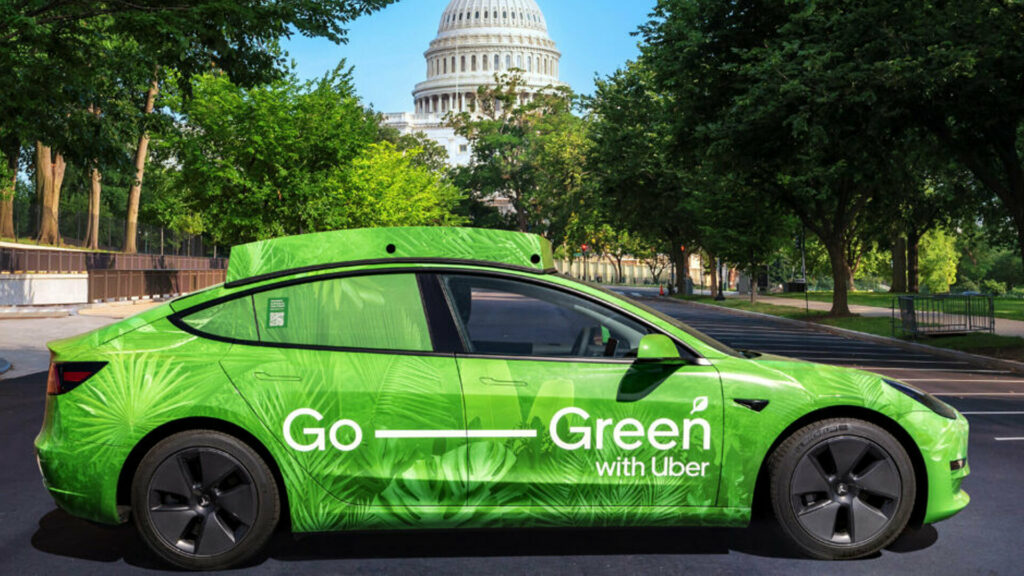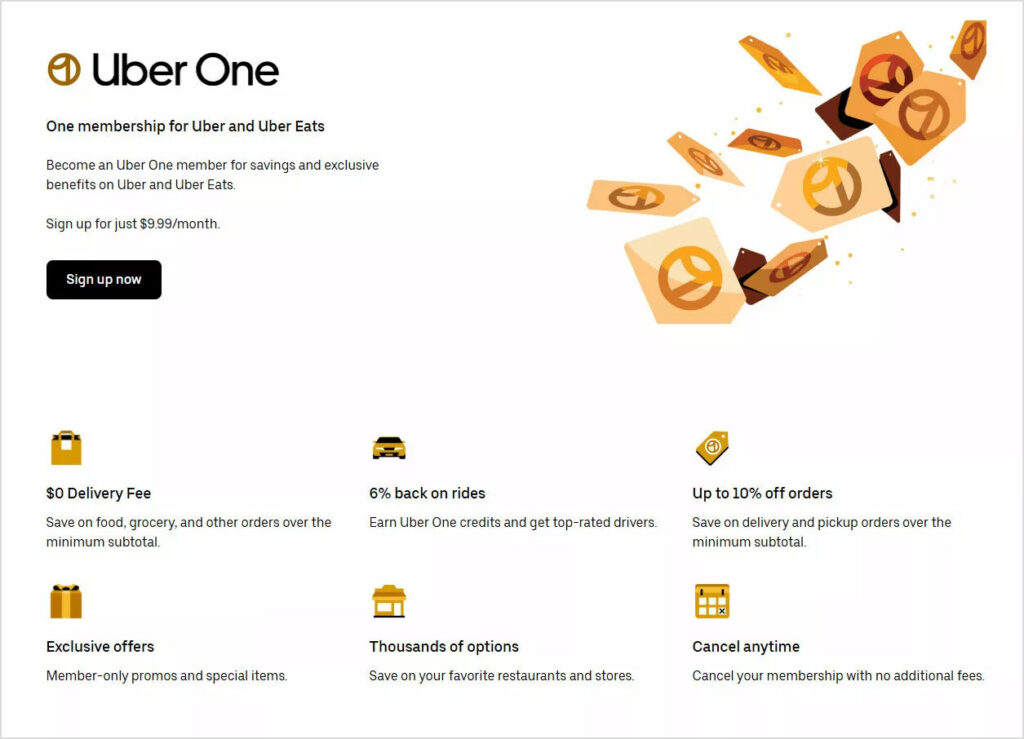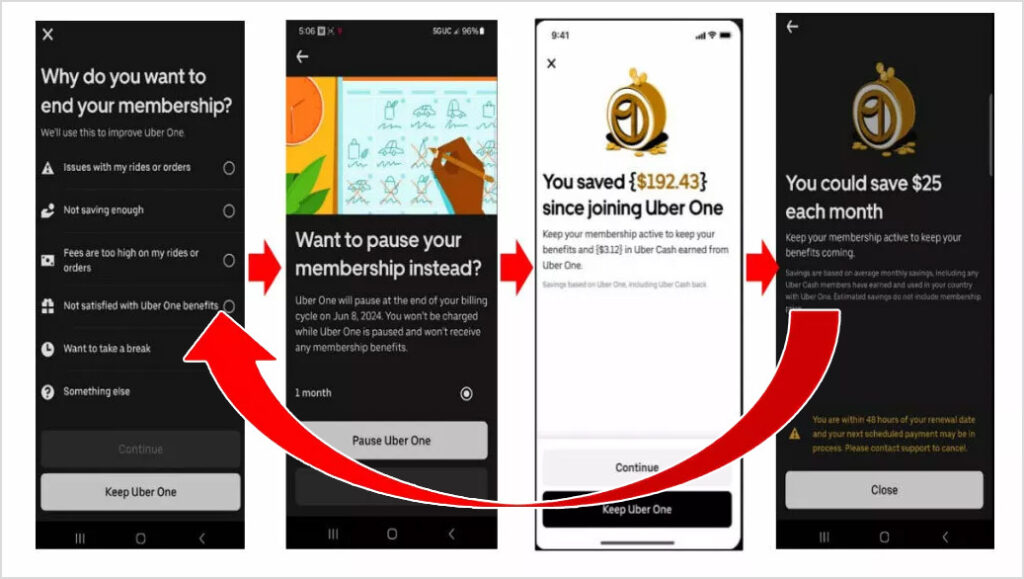If you want to cancel your Uber One subscription, you could be forced to take up to 32 different actions

- The FTC claims Uber’s subscription service misled users with false savings and confusing terms.
- The government claims it “wrongly promised savings” for signing up for Uber One membership.
- Uber allegedly made canceling its service unnecessarily difficult with up to 23 screens and 32 actions.
Uber has transformed how people move around town and get food, but they’re in the crosshairs of the Federal Trade Commission. It alleges the company charges consumers for its subscription service without their consent, failed to deliver promised savings, and made it difficult for users to cancel their subscription.
The lawsuit spans 44 pages and says customers were promised monthly savings of $25 (It’s $27 now) for signing up for Uber One. The FTC rejected this claim as the company reportedly didn’t account for the cost of the subscription when calculating those savings.
More: Could Pop-Up Ads In Cars Become A Thing? Experts Think So
On top of that, the government claimed Uber purposely “obscures material information about the subscription.” As an example, they pointed to “small, greyed out text which consumers can easily miss.”
The FTC also says many consumers have been enrolled into Uber One without consent. One person even claimed they were charged despite not even having an Uber account.

Speaking of which, Uber allegedly charges consumers before their billing date. This could potentially result in people getting hit with overdraft fees, but the government focused on the free trial aspect. It’s not hard to understand why as some people were reportedly charged for a subscription before their free trial ended.
Unfortunately, like the mob, getting out isn’t easy. The government says those looking to leave can be “forced to navigate as many as 23 screens and take as many as 32 actions to cancel.” If that wasn’t annoying enough, customers might be bombarded with attempts to get them to stay. These efforts reportedly range from pausing their subscription to being offered a discount.
In some cases, people are told they’ll have to contact customer support to cancel, but weren’t given a way to reach them. Even after requesting a cancellation, some people were reportedly charge for another billing cycle.

The government alleges that Uber’s “deceptive billing and cancellation practices violate the FTC Act and the Restore Online Shoppers’ Confidence Act, which requires online retailers to clearly disclose the terms of the service they are selling, obtain consumers’ consent before charging them for a service, and provide a simple way to cancel a recurring subscription.” FTC Chairman Andrew Ferguson also slammed the company for deceiving “consumers about their subscriptions” and making it “unreasonably difficult for customers to cancel.”
Uber rejected the claims in a statement, saying “Uber One’s sign-up and cancellation processes are clear, simple, and follow the letter and spirit of the law.” The ride-hailing giant also claimed “cancellations can now be done anytime in-app and take most people 20 seconds or less.”


